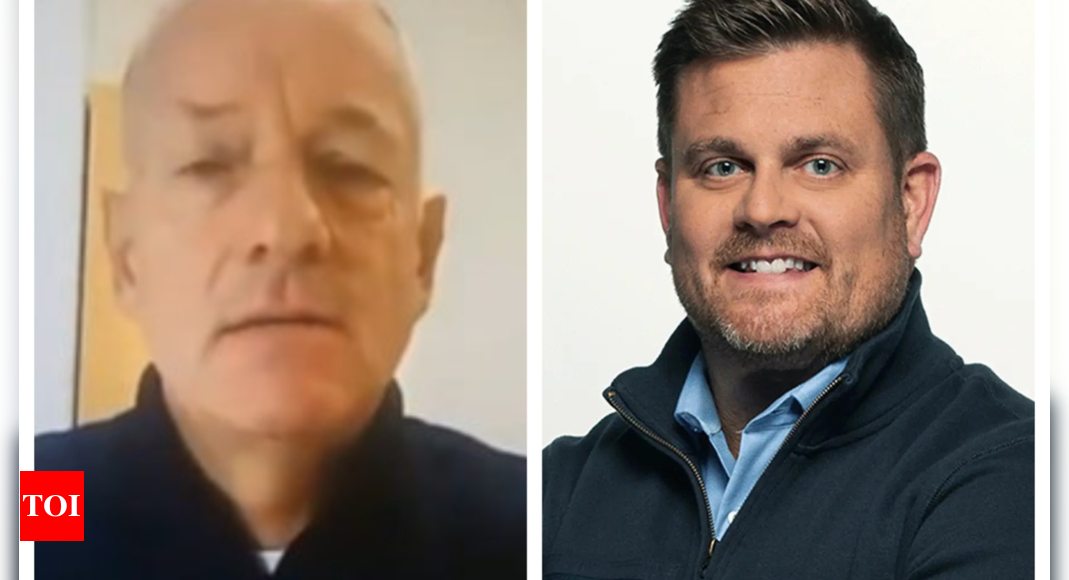UnitedHealth Group, which is the parent company of UnitedHealthcare, is expected to smash financial records this year though the year has been tumultuous for the company with the murder of UHC CEO Brian Thompson. UnitedHealth Group chairman Andrew Witty has been quietly informing the company executives that the company will see record figures by the end of the year, the Wall Street Journal reported.The revenue at the UnitedHealth Group was more than $299 billion through September — which is a record high and up from $277 billion last year. 26-year-old Luigi Mangione has been arrested in connection with the murder and charged with first-degree, second-degree and federal murder. Mangione was never a customer of the insurance company but apparently targeted Brian Thompson because UnitedHealthcare checked all boxes as his target was one of the medical insurance companies.
UHC on radar after Dec 4 killing of Thompson
Business was usual till December 3 for UHC until CEO Brian Thompson was killed in New York. Several social media users celebrated the killing as they complained that Thompson’s company caused many deaths by denying insurance payments.
Andrew Witty tried to boost the morale of the company staff and asked them to not speak to the media. “The environment we find ourselves in is a complex one, not one that was ever designed by anybody,” Witty told workers on video on December 23.
“Right now, people continue to have strong feelings inside the organization, maybe nervous, maybe anxious, maybe worried about security,” he said.
As December has been harrowing for the company, especially for the UHC workers, the UnitedHealth Group leadership reportedly allowed workers to stay home if they don’t feel safe coming to work and armed security has been deployed at its Minnesota headquarters, a report said. For the protection of other executives, their photos were removed from the company website.
Ex-employee says they were trained to deny payouts
A former employee of UnitedHealthcare, Natalie Collins, recently said the company used to train people on various ways to decline insurance claims but there was no training on how to actually approve insurance claims. Collins said they were taught by the supervisors to get the client off the telephone as soon as possible




